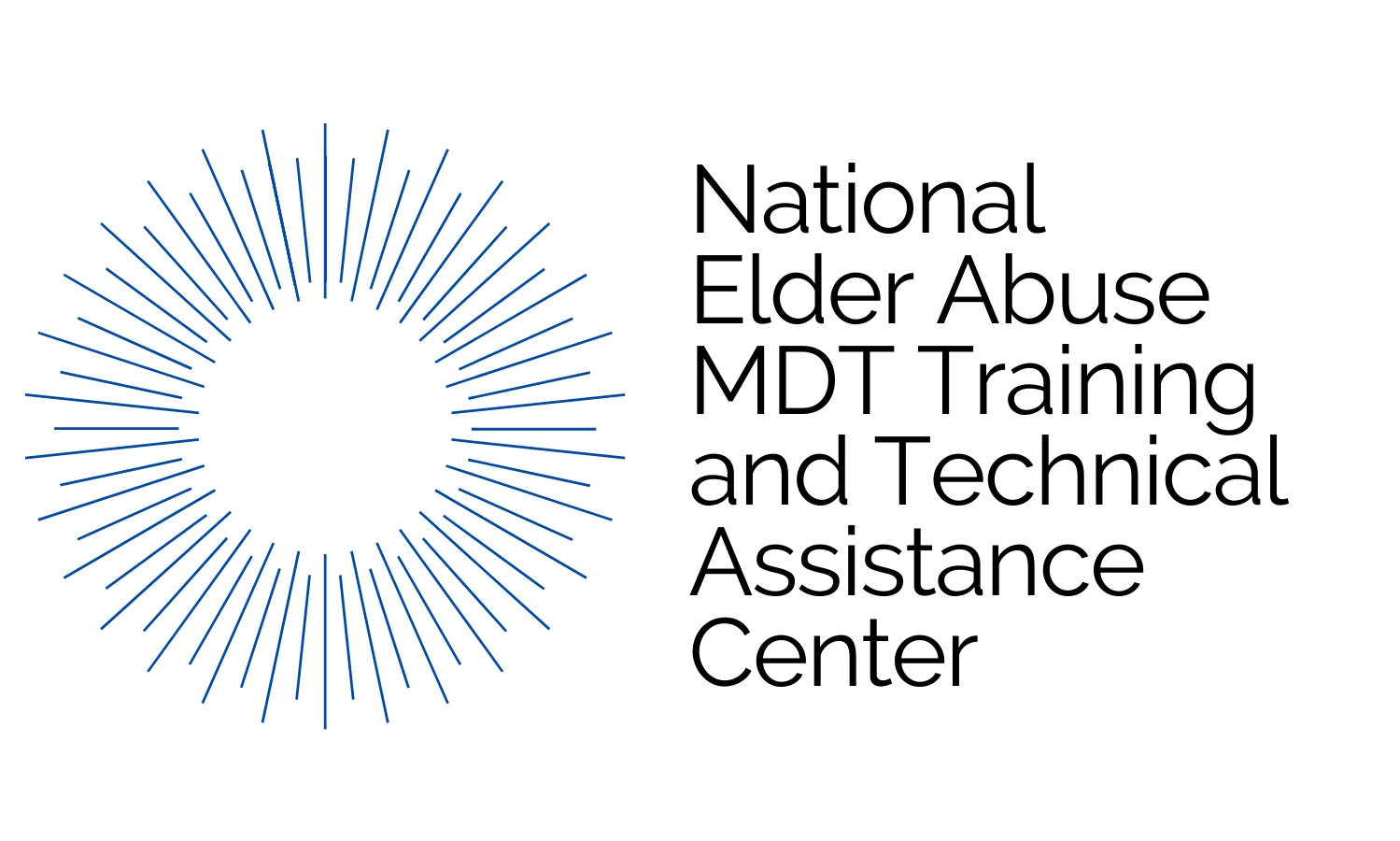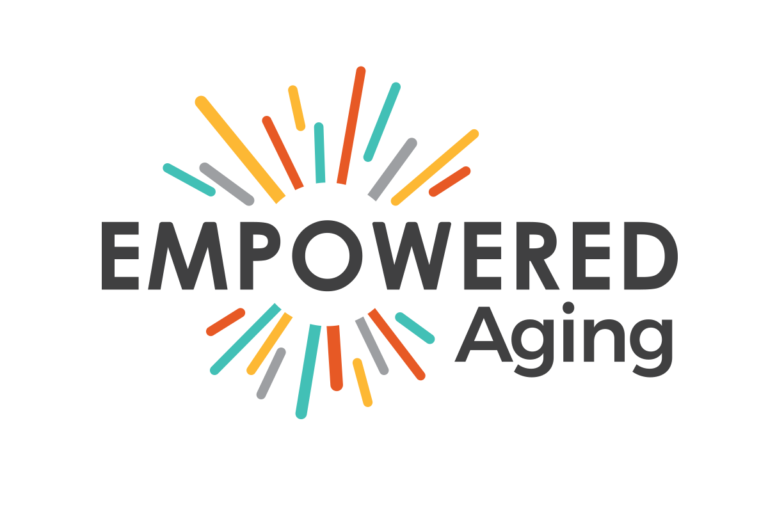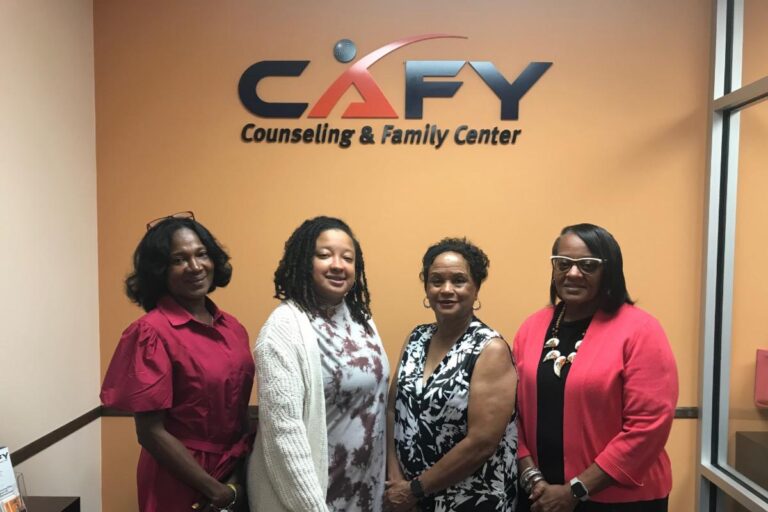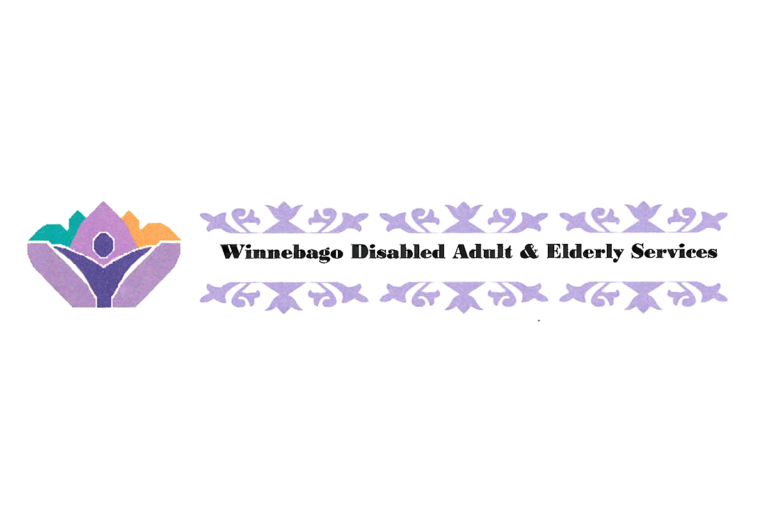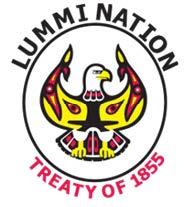
We are excited to share this Blogpost that introduces the work of one of our Tribal grantee teams, Lummi Indian Business Council. The original post is featured on EJI's website @ https://www.justice.gov/elderjustice/highlighted-networks.
The Lummi Victim of Crime (LVOC) Enhanced Multi-disciplinary Team was established via a Memorandum of Understanding (MOU) among the Lummi Law Enforcement, the Lummi Housing Authority (LHA), the Lummi Tribal Health Center (LTHC), the LTHC Social Service Workers, the LTHC Public Health Nurse (PHN) Program, and the Lummi Behavioral Health Department (LBHD), Psychiatric Services, and funded by an award from the Office for Victims of Crime (OVC). The Lummi Victims of Crime was established in 1990 (31years ago) and has operated to provide the Lummi Community with comprehensive victim program based support and care services including: domestic violence, sexual abuse/assault, teen dating violence, stalking and domestic violence, and emergency shelter care services. The Lummi Reservation is located in Whatcom County, about 90 minutes directly north of Seattle, Washington. The Lummi Nation, also known by their native name, Lhaq'temish (LOCK-tə‐mish), or People of the Sea, has 975 Elders ages 55 and older that reside on the Lummi Reservation. The Reservation consists of 13,500 acres of uplands and 10,500 acres of tidelands. The most recent U.S. Census data show that the unemployment rate on the Reservation is 11.4%. The percentage of households living below the poverty level is estimated to be 18.2% overall and much higher—38.1%—for households with children under 5 years of age. Historically, Lummi people relied primarily on fishing and shellfish harvesting for subsistence and income, and declining fish populations and annual salmon harvest yields have taken an economic toll on the Reservation over the past 25 years. Between 1985 and 2001, the annual value of the Lummi Nation fishery decreased by more than two-thirds, from $24 million (measured in 2013 dollars) to $6.6 million (in 2013 dollars). As a consequence, unemployment rates are seasonally high on the Reservation generally and among Lummi tribal members in particular. This economic decline, combined with historical trauma and cultural oppression, leads to high rates of domestic violence, elder abuse and financial exploitation and other violent crime on the Lummi Reservation.
LVOC MDT Efforts
The LVOC MDT mission is to better identify and respond to cases of elder and
vulnerable adult abuse and to serve and support older victims of financial exploitation
and other forms of elder abuse. The team seeks to improve case outcomes while
minimizing additional trauma and restoring safety and security to Lummi older adult
victims of crime, and to hold more offenders accountable.
LVOC MDT brings together a group of professionals to discuss elder abuse cases with
the goals of promoting healing through the provision of services (e.g., health care,
legal, mental health, housing). This approach has the potential to offer a robust, yet
victim-centered criminal justice response.
The LVOC MDT partner agencies have participated in the MDT activities in the
following ways:
Lummi Law Enforcement
The LVOC Attorney meets with the Chief of Police on a bi-weekly basis regarding
issues of cultural sensitivity and 1st Responders protocol. Two officers participated at the last elder abuse awareness day event on June 15, 2023.
Lummi Housing Authority
For housing needs and as part of the MOU, every Thursday is set aside for the LVOC
Program to meet with Lummi Housing Authority to case manage the LVOC client
caseload.
Lummi Tribal Health Center (LTHC)
As part of the MOU among the LVOC and the LTHC assigned staff (e.g., Elder Social
Worker, Public Health Nursing staff), and other appropriate programs (e.g., Lummi
Health program, CHAPS), the groups meet once a month to case manage elder and
vulnerable adult referrals and develop an individual plan based on the needs of each
client. Various programs participated at both LVOC Elder Wellness events on
November 30, 2022 and June 15, 2023.
Lummi Behavioral Health Department (LBHD)
For mental health services, the LVOC Program meets once a month for
1st Responders meetings to discuss crisis line calls. The work includes updating
protocols and building partnerships to best meet the needs of the Lummi population
both on Lummi land and in the surrounding areas. The LVOC Program hired a full-time
Mental Health counselor for in program referrals. The LBHD participated in the last
LVOC Elder Abuse Awareness Day event providing education and material for Lummi
elders.
Psychiatric Services
It has been learned that the Fentanyl crisis is plaguing the Lummi addicted population
with physical and mental health concerns such as. This crisis affects
grandparents who are forced into raising their grandchildren due to their adult children
being addicted to fentanyl and causes them to experience trauma, anxiety, and fear
among other things. Dr. Vanna George, Lummi psychiatrist, has been collaborating to
develop New Journeys, which is a the first ever tribal model designed to respond to the
current mental health crisis in the Lummi community.
Other LVOC MDT Efforts
The LVOC Program continues to increase community outreach, improve education and awareness among community members, tribal elders, and service providers through monthly LVOC Program and the Lummi Squol Quol Newsletter and via social media groups and pages. They will be hosting an annual LVOC Program Conference with workshops, conference presentations, printed materials, and community events.
The LVOC Attorney is in the process of strengthening Lummi tribal codes that specifically address issues of elder abuse among tribal members.
The LVOC Grant Manager is working to secure annual funding from a variety of resources including tribal budgets, federal grants, and state funds.
The LVOC Program has established working collaborative relationships with partners in tribal, county, state, and federal government to identify community needs, issues, and appropriate solutions to address tribal elder abuse concerns.
The LVOC Program uses culturally appropriate strategies to address reports of abuse, such as:
- Respecting the client’s privacy and assuring confidentiality of their personal information.
- Using tribal traditional values and emphasizing them in the team’s day-today operations.
- Ensuring appropriate interactions with LVOC clients, and their family and caregivers.
- Holding Lummi elders in the highest esteem as outlined in the Lummi Constitution By-laws.
The LVOC Program has updated its Memorandum of Understanding or Agreement (MOU or MOA) with Lummi, state and county agencies to ensure proper procedures and outcomes for elder tribal members.
LVOC Elder Wellness Fairs - On November 30, 2022, the LVOC Program hosted the Elder Winter Wellness Fair with the goal of bringing elder programs together so information could be shared about the programs and services that are being offered. For example, the Lummi Tribal Health Center (LTHC) Assisters attended to sign up elders for Medicare and Medicaid so the elders could access their Health Home program, and the Patient Registration program came to set up “mychart” login app on the elder’s cell phones, so they could better communicate with their primary doctors. Also, the Lummi Housing Mortgage assistance program came to sign up elders for COVID Home Repairs and Mortgage Assistance program. The NW Portland Area Indian Health Board (PAIHB) distributed wellness packages (e.g., hand sanitizers, tissue packs, covid home tests, masks) to the elders. The elders took pictures with Santa, and prize drawings were held at end of the event.
World Elder Abuse Awareness Day Event - On June 15, 2023, the LVOC Program hosted its annual Elder Abuse Awareness Day event with the goal of continuing to collaborate and coordinate services for Lummi elders with local tribal programs there. The second goal was to create a happy, enjoyable and fun event for them with an array of activities (e.g., free haircuts, free picture buttons with the Elder Abuse Awareness Logo, karaoke with singing, BBQ Lunch for event elder participants, salmon dinners for the homebound elders, and prize drawings).
There were over 200 participants at this event that was held outside in the back yard of the tribal complex with tables and chairs set up for the 1) program vendors; and 2) commons area for elders to sit, eat and visit each other; and for the 3) activities (e.g., karaoke, picture buttons and haircuts, prize drawings, MC platform) that were set up for Lummi elders.
In addition, the elders were given LVOC Elder bags w/personal care items (e.g., planners, fans, lotion, denture cream, bath soaps, Elder Abuse Fridge Magnets, sports bottles and LVOC tissue covers w/tissue packs, financing your future table mats), education handouts, a simple survey on Elder abuse, and Lummi Behavioral Health Department (LBHD) Native Design backpacks.
At the end of the event, the prize drawings were held after all the elders present turned in their "participation cards" with the initials written on the cards to verify that they visited and engaged with each program vendor there. In addition, the LBHD held their own prize drawings (e.g., household supply baskets, picnic supplies, etc.) alongside prize drawings. It was an awesome, collaborative, fun, and joyous event for Lummi elders.
All of the LVOC MDT’s activities (from various program funding) are designed to inform, strengthen and support the Lummi elder community and to provide a person-centered, trauma-informed, and culturally appropriate coordinated response to older and vulnerable adults who experience abuse.
